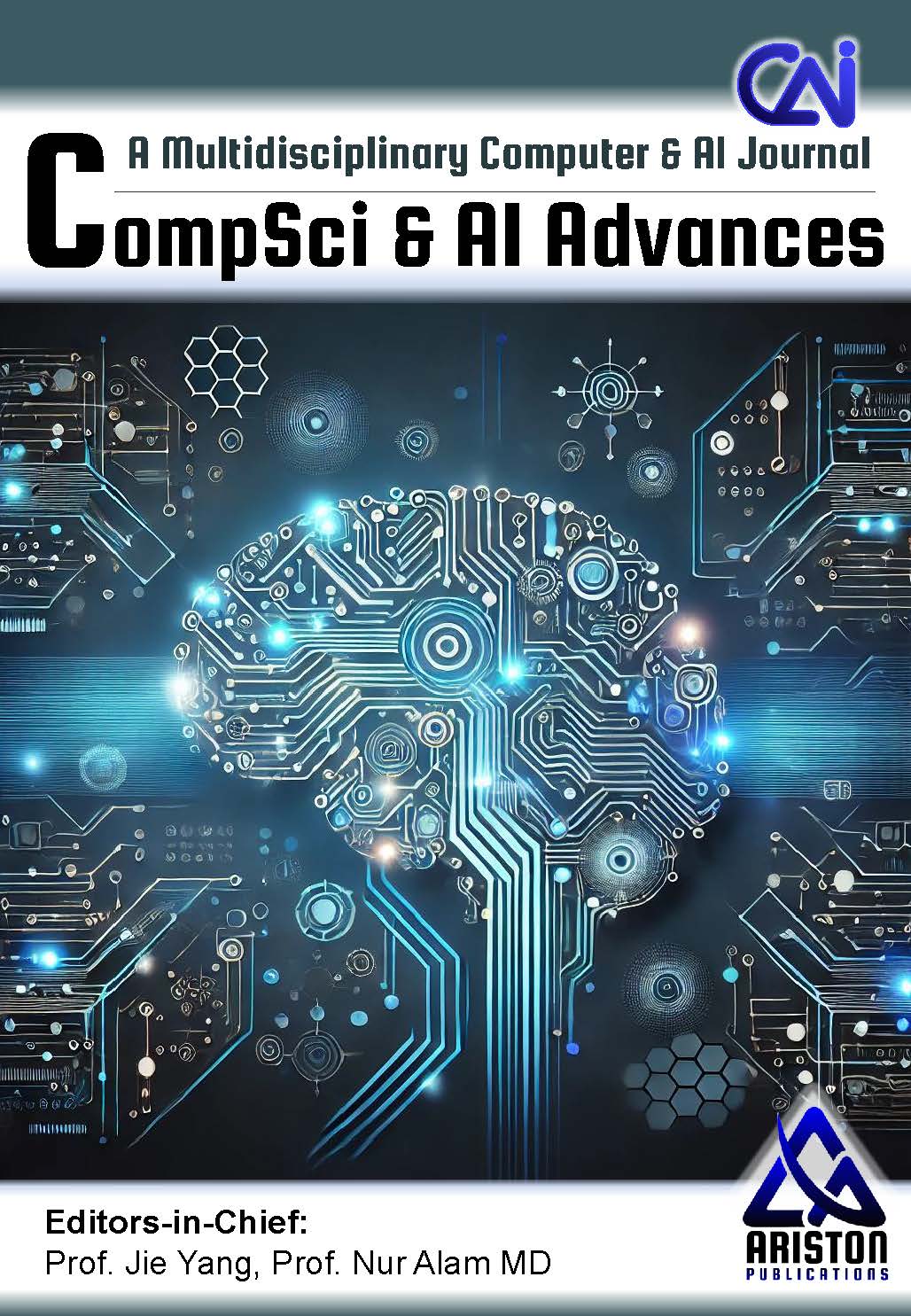G. Peda Babu, L. Chandrasekhar, Joy Bea
1 Department of Electronics and Communication Engineering, QIS College of Engineering and Technology, Pondur Road, Vengamukkapalem, Ongole, Prakasam District – 523272, Andhra Pradesh, India.
2 IIocos Sur Polytechnic State College (ISPSC)-Sta. Maria Campus, Santa Maria, Ilocos Sur, Republic of Philippines.
* Author to whom correspondence should be addressed:
pedababu.g@qiscet.edu.in (G. Peda Babu)
ABSTRACT
Deep learning, a powerful subset of artificial intelligence, has emerged as a transformative tool in various domains, including agriculture, due to its ability to autonomously analyze complex data. This study focuses on the application of Convolutional Neural Networks (CNNs) for detecting and classifying diseases affecting tobacco leaves, a major concern in countries like India, one of the largest producers of tobacco. India produces an estimated 804 million kg of tobacco annually, with cultivation spanning half of its states. Traditional methods relying on manual inspection by farmers are time-consuming, subjective, and often inaccurate, leading to crop losses and reduced productivity. To overcome these challenges, this research developed a deep learning-based model leveraging real-time images of diseased tobacco leaves provided by farmers from the Prakasam district of Andhra Pradesh. A dataset comprising over 1000 annotated images depicting three distinct tobacco leaf diseases was curated for training and validation. The CNN model achieved an impressive accuracy of 95%, demonstrating its ability to accurately detect and classify diseases, enabling targeted interventions. The study not only underscores the efficiency of CNNs in revolutionizing disease detection but also highlights their role in reducing crop losses, improving yield, and supporting farmers with timely and unbiased disease diagnosis. By incorporating advanced image processing techniques and deep learning, this research provides a scalable, automated, and cost-effective solution to a pressing agricultural challenge, paving the way for improved crop management and sustainable farming practices.

Significance of the Study:
This study demonstrates the transformative potential of deep learning in agriculture by leveraging Convolutional Neural Networks (CNNs) to accurately detect and classify tobacco leaf diseases. With a 95% accuracy rate, the model addresses inefficiencies in traditional methods, empowering farmers with timely and precise diagnostics. It aids in reducing crop losses, improving yields, and fostering sustainable farming practices. This scalable and cost-effective approach has broader applicability to other crops, supporting precision agriculture and contributing to food security and economic stability.
Summary of the Study:
This research applies Convolutional Neural Networks (CNNs) to detect and classify three tobacco leaf diseases with 95% accuracy using over 1000 annotated images from Andhra Pradesh farmers. The study highlights CNNs’ efficiency in addressing traditional diagnostic challenges, enabling early interventions to mitigate crop losses. It underscores the scalability, automation, and cost-effectiveness of deep learning in agriculture. The research advocates AI-driven precision farming to improve productivity and sustainability, with future directions including real-time implementations and mobile integration for broader farmer accessibility.
